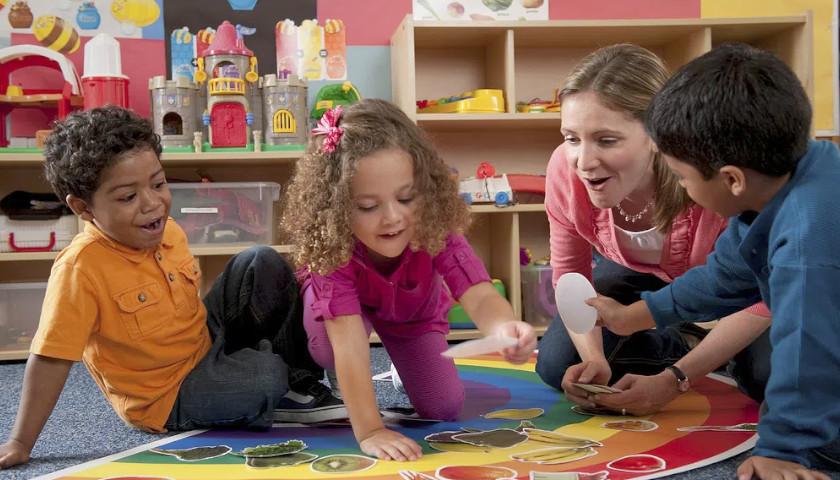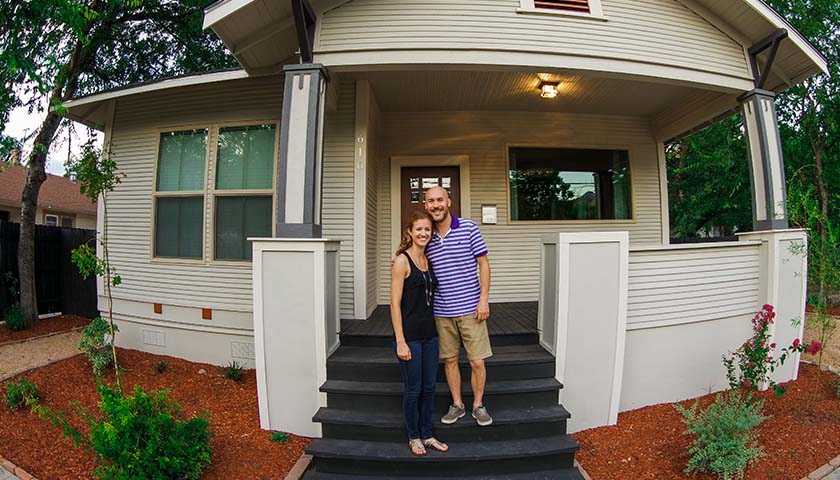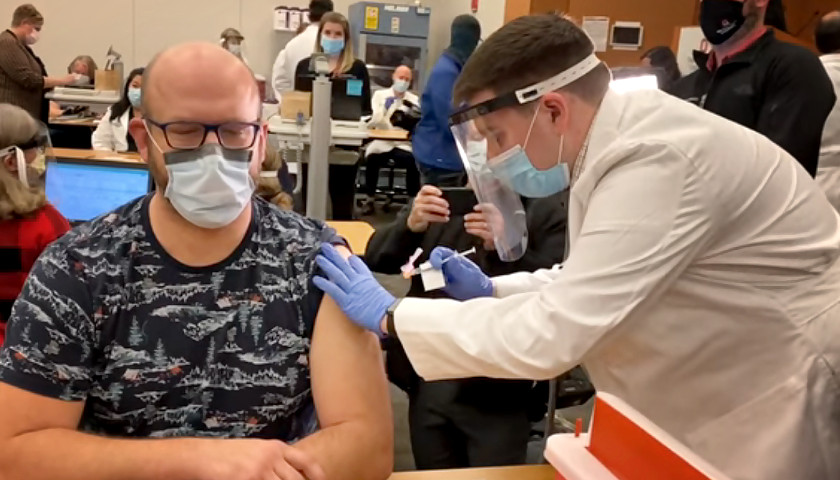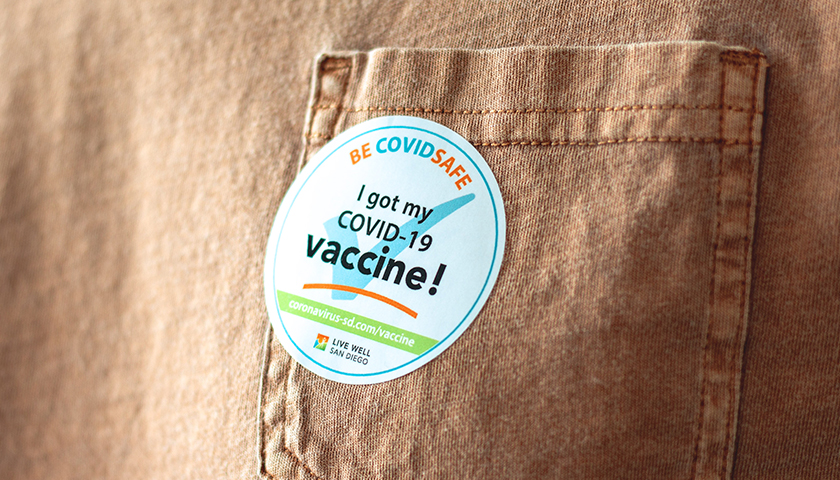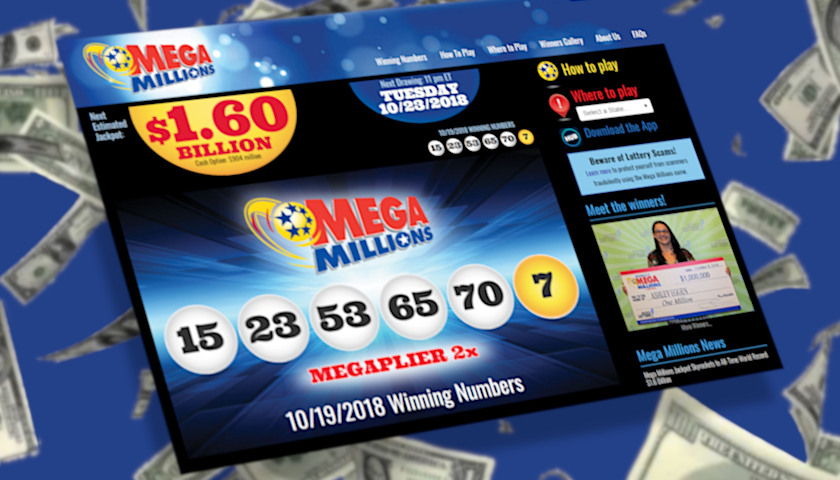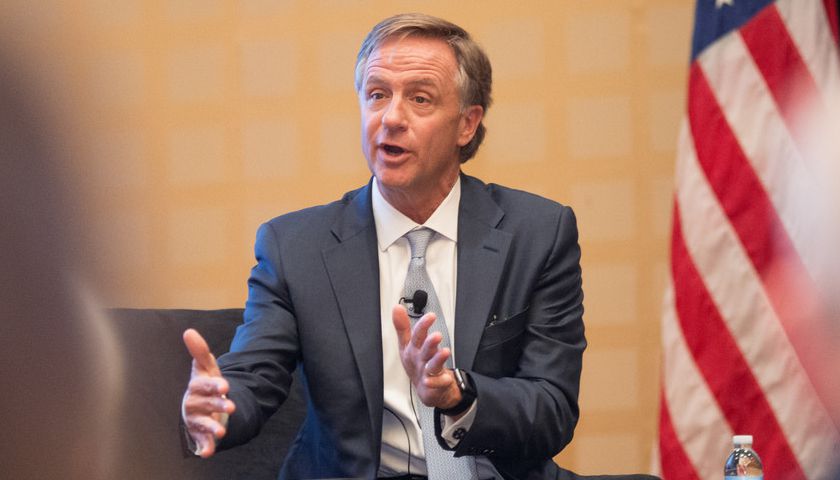The Georgia Lottery Corp. recently announced that it raised $1,516,383,000 for education in the Peach State during fiscal year 2023 (FY23), which spanned from July 1, 2022, through June 30, 2023.
Read the full storyTag: lottery
Wisconsin Lottery Sales Translates to an Average Property Tax Cut of $213
It may be the most money some people ever see from the Wisconsin Lottery.
Lottery managers in the state said the latest lottery tax credit means a $213 tax cut for the average homeowner in the state.
Read the full storyStudy: Ohio COVID-19 Vaccine Lottery Failed to Increase Rates
Giving away millions of federal tax dollars and hundreds of thousands of dollars in college scholarships did nothing to improve Ohio’s COVID-19 vaccination rate, a recent study concluded.
Those results have Democratic leaders saying the state needs to do more to address vaccine hesitancy and deal with what they call root causes of Ohio’s stagnant vaccination rate.
The study, conducted by the Boston University School of Medicine using information from the Centers for Disease Control and Prevention, concluded reports that the state’s Vax-a-Million lottery program increased rates failed to factor in vaccinations expanded to ages 12-15.
Read the full storyStudy: Michigan’s Vaccine Lottery Unlikely to Boost Lagging COVID-19 Injections
After Michigan missed President Joe Biden’s vaccine deadline of 70% injected with a first COVID-19 vaccine by July 4, Gov. Gretchen Whitmer bet big on a vaccine lottery, tossing in $5 million of taxpayer-funded prizes.
In the meantime, the Michigan Senate Fiscal Agency estimates Michigan won’t reach the 70% benchmark for another year.
As of July 5, the state averaged 4,174 daily doses but only 1,740 first doses (0.1%) of the population.
Read the full storyVax-a-Million Sees Pushback Despite Jump in Vaccinations
Ohio has continued to see an increase in vaccination rates across all age groups following the announcement of the Vax-a-Million program, Ohio Gov. Mike DeWine said this week.
Read the full storyRep. Steve Cohen Does Not Like Gov. Lee’s Plan to Expand Vocational Opportunities Using Lottery Funds
U.S. Rep. Steve Cohen (D-TN-09) doesn’t like Gov. Bill Lee’s plan to expand high school vocational offerings using lottery proceeds. Lee unveiled his first legislative plan Tuesday. Information on the Governor’s Investment in Vocational Education (GIVE) is available online here. “We have the opportunity to help students discover quality career paths and gain skills that are needed right now in the workforce by emphasizing career and technical education,” Lee said in a press release. However, Cohen said in a press release, “Vocational and technical education are areas in which Tennessee lags and they can help open job opportunities. But the people of Tennessee voted in 2002 for a Georgia-like HOPE Scholarship program that rewarded the more meritorious and the more needy. That is what scholarships should do: aim at merit and need. I ‘hope’ someone will recall that and increase HOPE and Aspire Award scholarships.” Cohen worked in the state Senate to amend the state Constitution and create a Tennessee State Lottery with proceeds to fund scholarships, as well as enabling legislation, his press release said. Voters approved the amendment in November 2002 and the first lottery tickets were sold in 2004. Communities would have the funding and flexibility to…
Read the full storyTickets Selling ‘Very, Very Quickly’ for $1.6 Billion Mega Millions
The Mega Millions lottery may see a streak of jackpot rollovers end as it heads toward a record $1.6 billion drawing Tuesday. As more tickets sell, chances grow that at least one buyer will pick all six winning numbers. That would stop the streak of 25 rollovers, the most recent one Friday night. Based on sales projections, 75 percent of the 302 million possible combinations will be chosen for Tuesday’s drawing, up from 59.1 percent in Friday’s, said Carole Gentry, spokeswoman for Maryland Lottery and Gaming. “It’s possible that nobody wins again. But it’s hard to fathom,” Gentry said. No winner Friday About 280 million tickets sold in Friday’s drawing, none matching the winning mix of 7, 15, 23, 53, 65 and 70 to claim an estimated prize of $1 billion. Fifteen tickets matched five numbers for second-tier prizes of at least $1 million. The $1.6 billion estimated jackpot would be the largest prize in U.S. history. The second-largest jackpot was a $1.586 billion Powerball drawing on Jan. 13, 2016. Russ Lopez, a spokesman for the California Lottery, said tickets were going “very, very quickly” Saturday. First-time players Tonya Jimenez, assistant manager at Beavers Market in Fort Collins, Colorado, said…
Read the full storyTennessee Making Community College Free Using Lottery Funds
The governor of Tennessee looks to be channeling his inner Bernie Sanders by implementing a program that cannot possibly remain solvent in the long run. Gov. Bill Haslam (Rep.) is about to sign a bill into law that gives any adult who wants to go to college free admission to community colleges in his state of…
Read the full story
